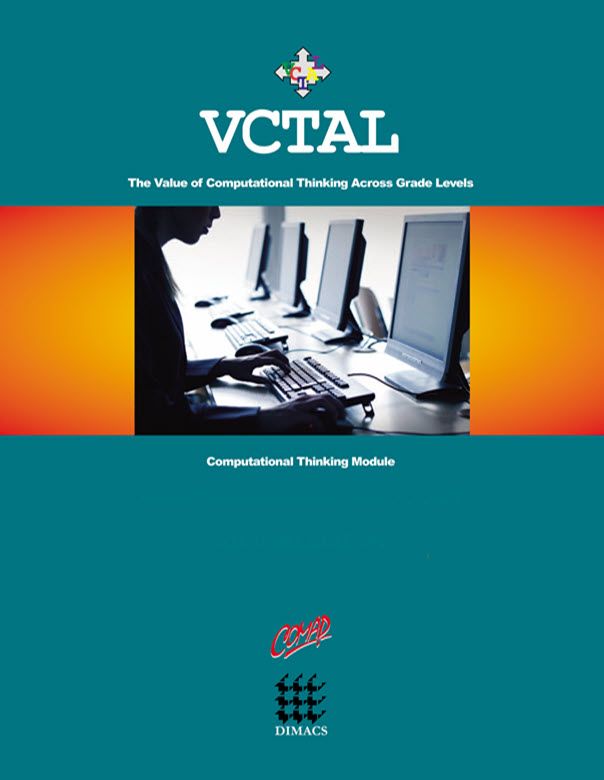Competition or Collusion? Game Theory in Sports, Business, and Life (Teacher)
Author: James Kupetz. Jr., Choong-Soo Lee and Steve Leonhardi
What Is Computational Thinking?
Computational thinking is a high-level thought process that considers the world in computational terms. It begins with learning to see opportunities to compute something, and it develops to include such considerations as computational complexity; utility of approximate solutions; computational resource implications of different algorithms; selection of appropriate data structures; and ease of coding, maintaining, and using the resulting program. Computational thinking is applicable across disciplinary domains because it takes place at a level of abstraction where similarities and differences can be seen in terms of the computational strategies available. A person skilled in computational thinking is able to harness the power of computing to gain insights. At its best, computational thinking is multidisciplinary and cross-disciplinary thinking with an emphasis on the benefits of computational strategies to augment human insights. Computational thinking is a way of looking at the world in terms of how information can be generated, related, analyzed, represented, and shared.
Module Background
Rock, paper, or scissors? Fastball or curveball? Bluff or fold? Work together or backstab the competition? Game theory offers a computational approach to decision-making in competitive situations between “players” who are each choosing from a variety of possible strategies. While recreational games and sports are natural examples, game theory is also effective in modeling business decisions, political campaigns, biological evolution, and decisions in many other real-life contexts. This module introduces students to game theory concepts and methods, starting with zero-sum games and then moving on to non-zero-sum games. Students learn techniques for classifying games, for computing optimal solutions where known, and for analyzing various strategies for games in which no optimal solution exists. Finally, students have the opportunity to transfer what they’ve learned to new game-theoretic situations. This module is appropriate for high schools classes in mathematics, computer science, and economics.

Mathematics Topics:
Application Areas:
Prerequisites:
You must have a Free Educator Membership or a paid Full Membership to download this resource.
If you're already a member, login here.